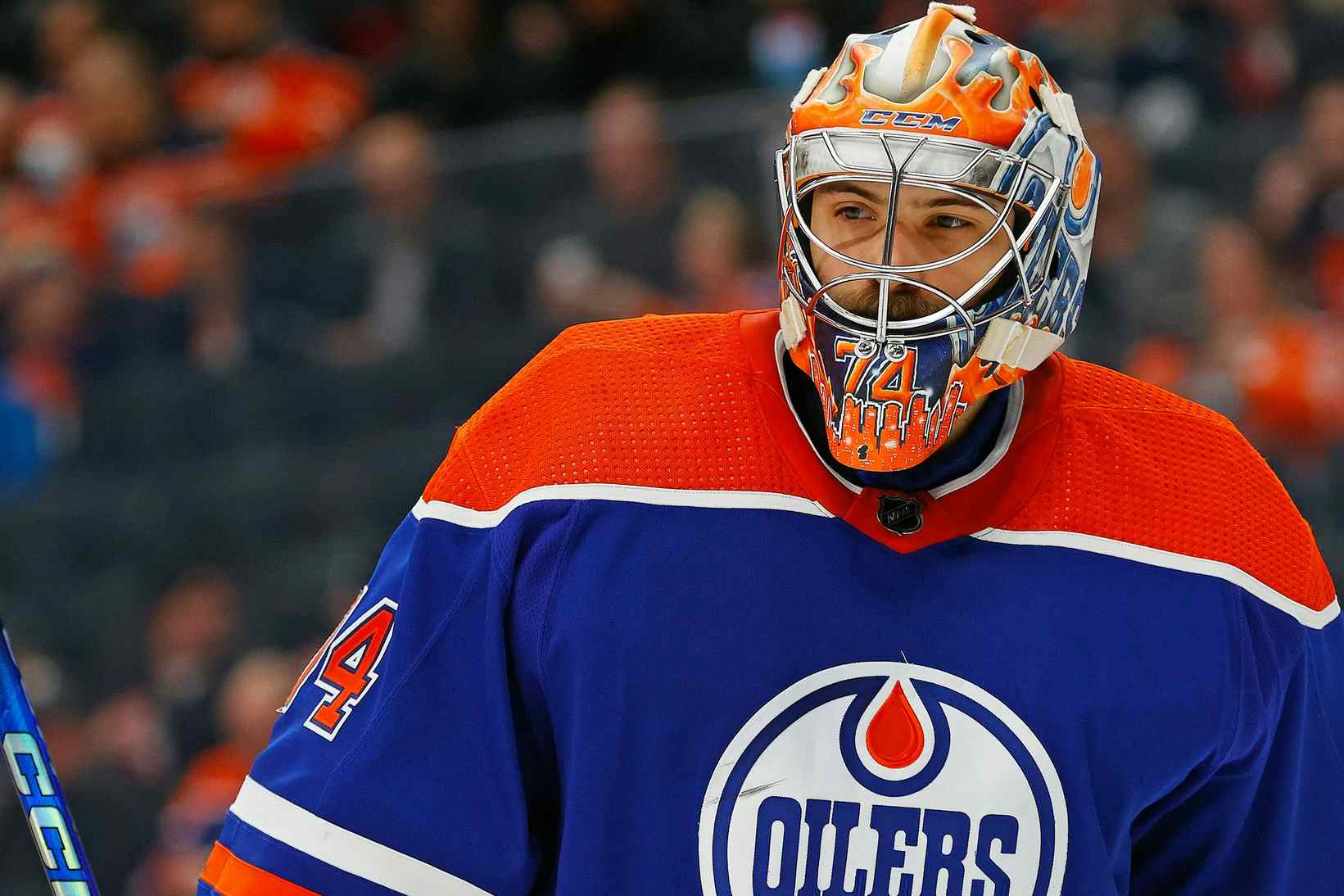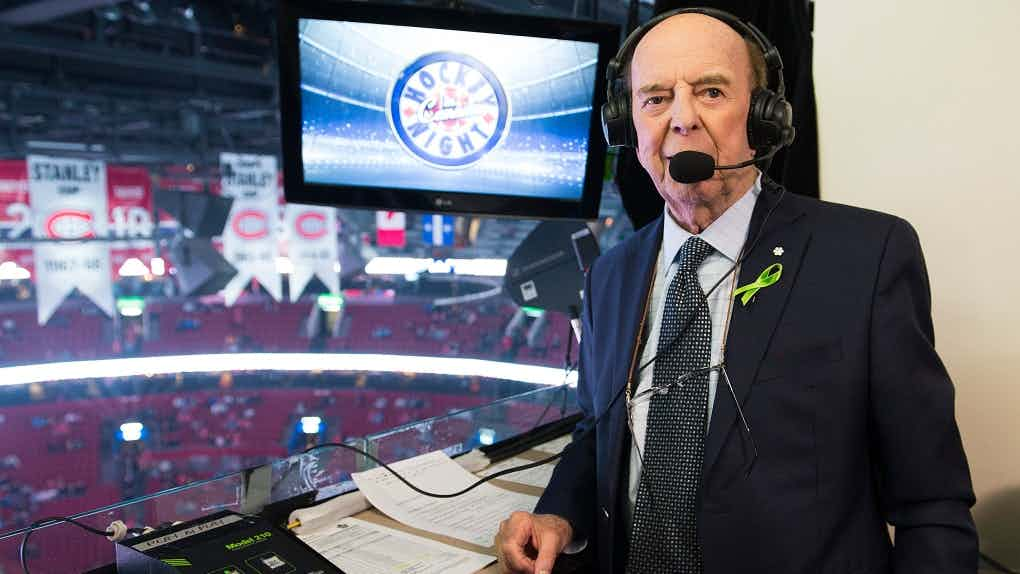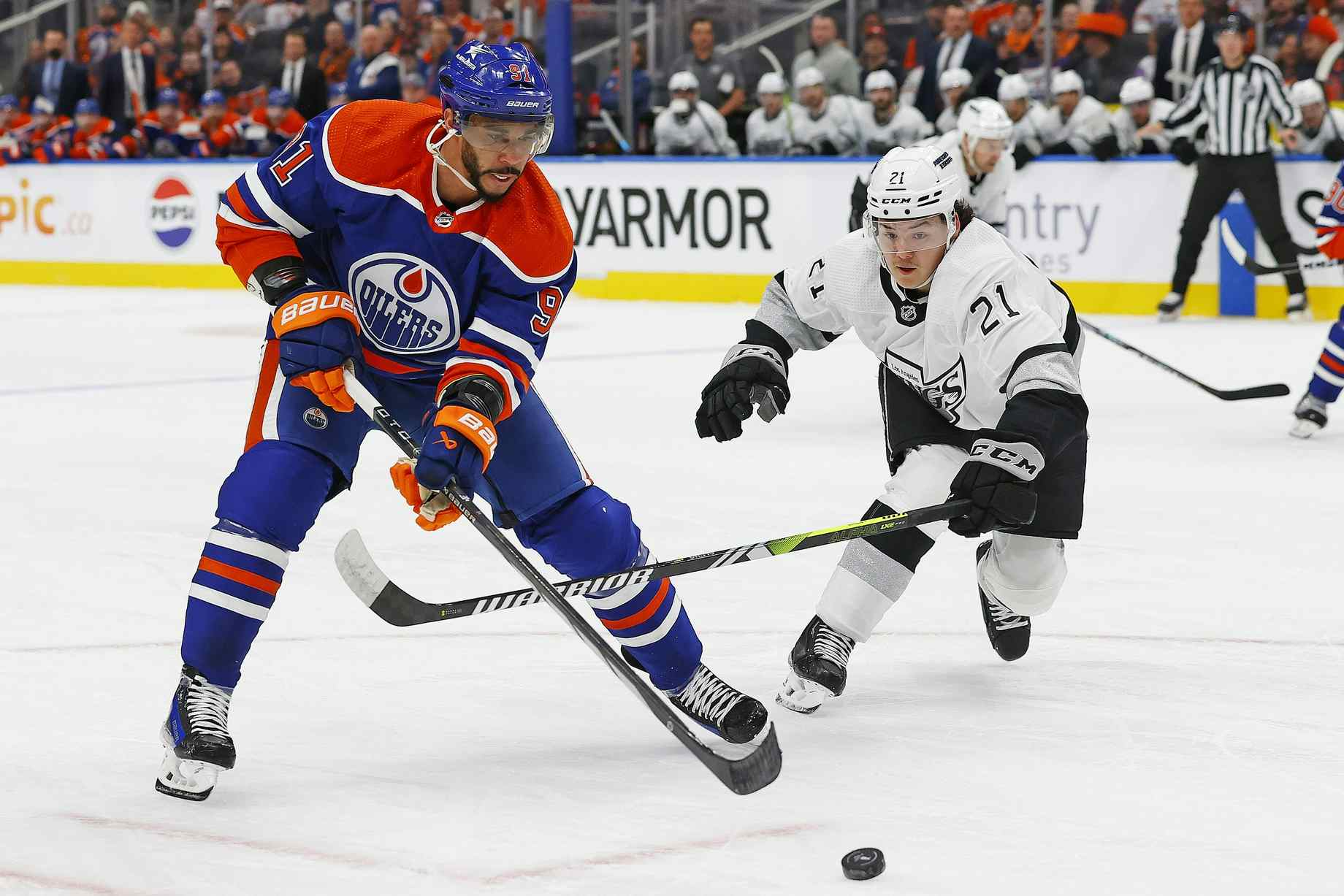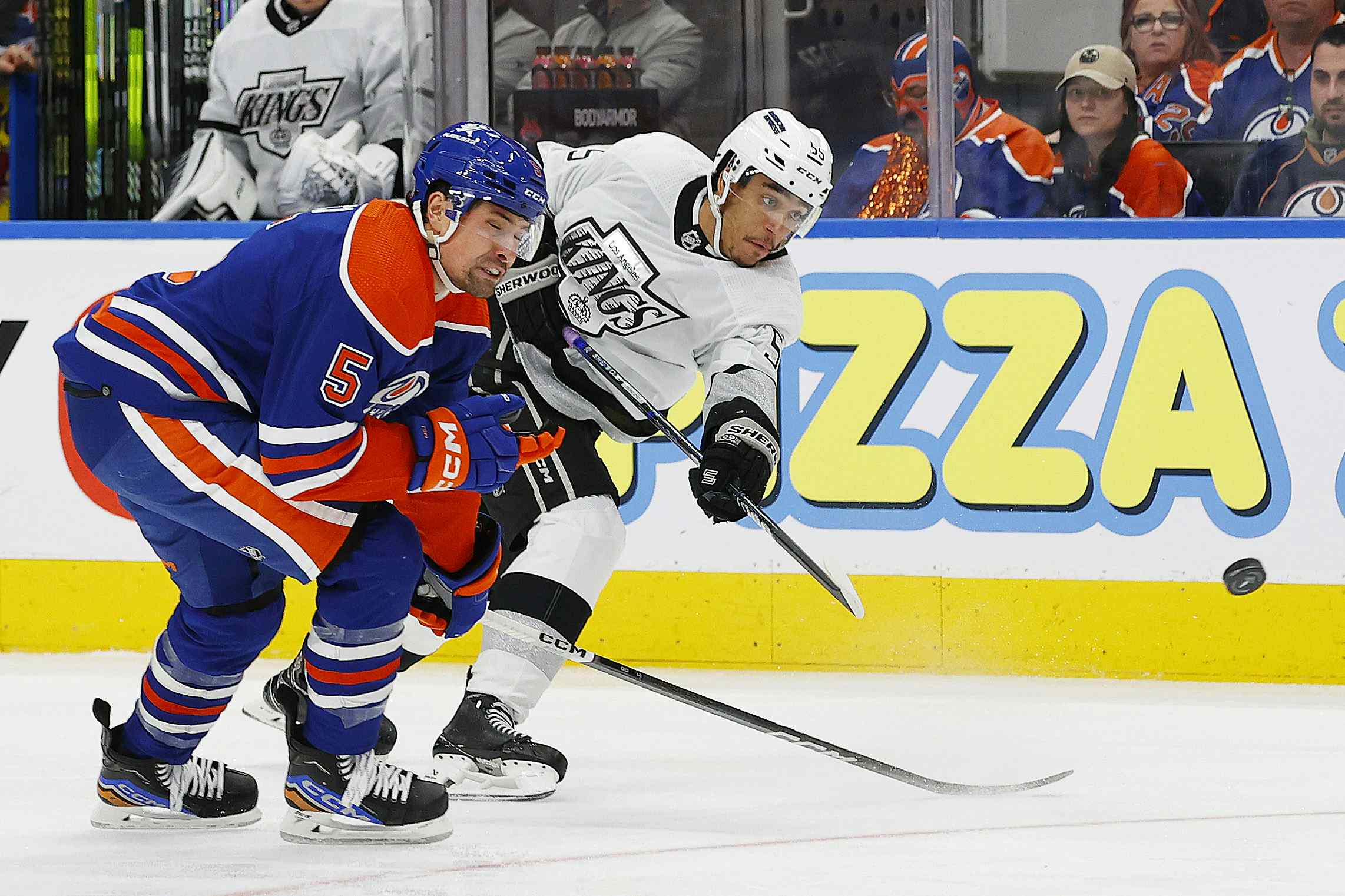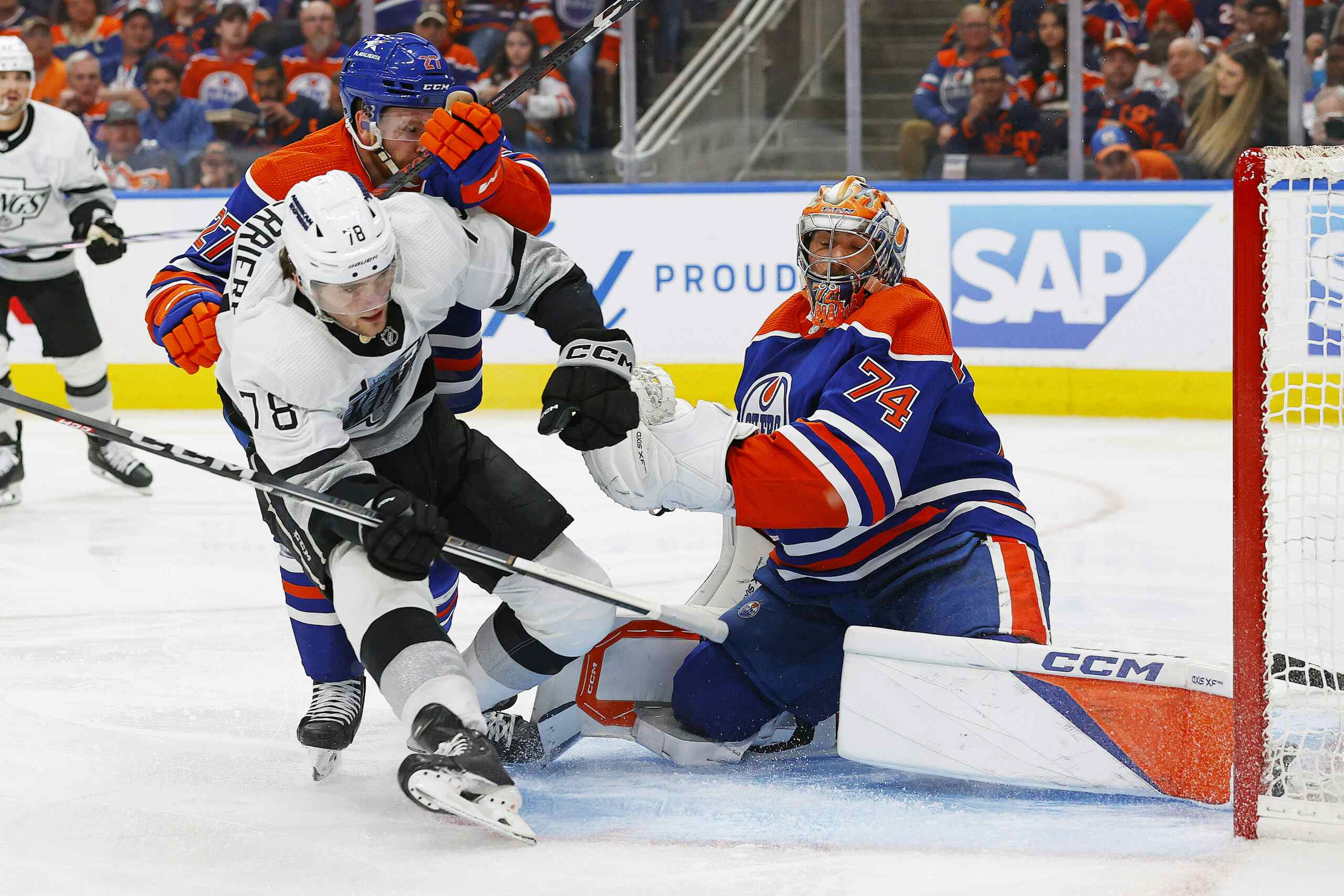LAING: Connor McDavid’s recovery nothing short of unbelievable
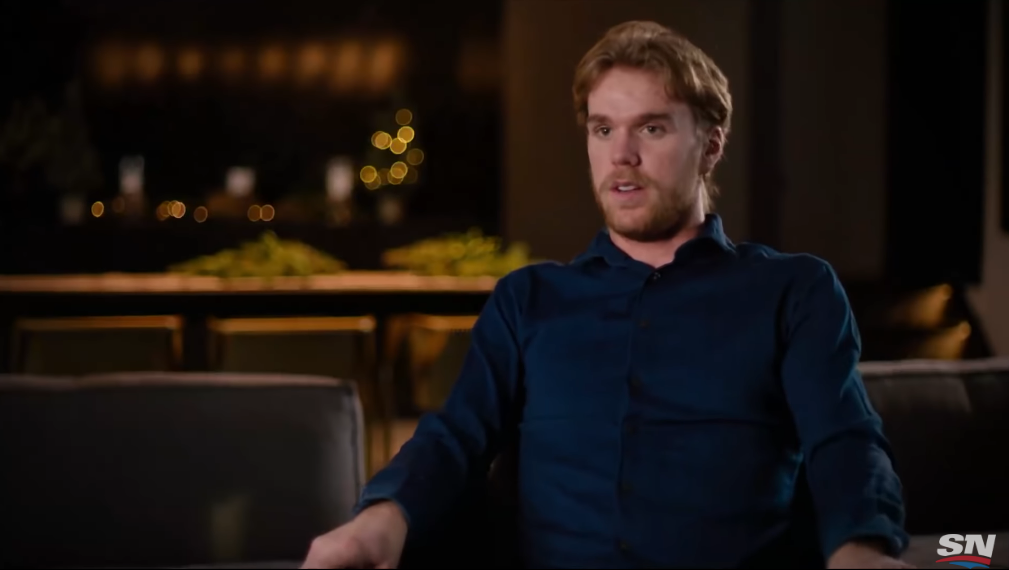
By Zach Laing
4 years agoLast night we all got to bear witness to just how incredible Connor McDavid is. His injury was detailed in incredible fashion in the documentary Whatever It Takes that aired Friday night.
For years it’s been about McDavid’s raw talent. It’s been about his skills on the ice, the way he is able to create space for himself and generate offense in ways that have hardly been seen before. It’s been about his incredible hockey IQ or his highlight-reel goals. And it’s been about his calm, cool demeanor.
But now, it’s about Connor McDavid’s work ethic. His ability to face incredible, incredible pressure and come out of it on the other side. It’s about his ability to will himself to good health, and his ability to pioneer a recovery process that’s never been seen before.
The rigors of what McDavid had to go through were incredible. From spending 10-hour days, seven days a week grinding away to seeing him be able to hit the ice for the Oilers Oct. 2 home opener against the Vancouver Canucks was quite a trip.
There’s a quote from McDavid where he talks about it that really stood out to me.
“(It was) like my first game all over again. I was nervous. I prepared rehab wise a ton, on ice wise was the least prepared I had ever been for an opening night.”
But yet, he was able to open the season with a huge win — and a huge goal — against the Vancouver Canucks that set the pace for what was an incredible start to the season. Looking back, I wonder how much his recovery and return was a motivating factor for the club. I mean, they really came hot out of the gate winning seven of their first eight games of the season.
Nonetheless, it’s incredible that he’s even playing in the NHL right now.
The injury and the recovery
At the end of the film, some hard facts were released about what McDavid’s injury was.
He suffered a fully torn posterior cruciate ligament (PCL), torn medial and lateral menisci, fully torn popliteus muscle, a complete tear of the posterior capsule and a tibial plateau fracture. The injuries combined would’ve led to a 12-month recovery down the surgical route, and there was a chance that he would never, ever be the same player again.
So what did he opt for? Well, he decided on the non-surgical route. A pioneering rehabilitation process that saw him work with numerous specialists for 179 days that saw him spent over 1,000 hours working on being ready for the start of the season.
As the documentary aired, I jotted down a few notes parts of his recovery that really stood out to me.
- Near the beginning of his injury, there was talk that he had a 50% chance to skate by the end of the summer. His recovery initially had him in a hypobaric chamber doing oxygen therapy for two hours a day. All he would do is flex his quadricep muscle for ten seconds on, ten seconds off.
- Every few weeks in the early stages, he would go back in for ultrasounds and MRI’s where they were able to track the regrowth of his PCL. Each time they would go for an appointment, his agent Jeff Jackson would (realistically) bring up the fact surgery needed to be considered even as they went into July.
- It was his third MRI, done on July 3rd, where they began to see his PCL fibres begin to reattach. This was a major turning point where McDavid seemed to get major relief about his recovery and it seemed to be one of the most motivating times for him.
- From there, he started work in the pool doing light exercise like jumping in the pool all with a massive brace going from his upper-quad to his lower shin. From there work began on core movements and learning how to train around his knee.
- Mark Lindsay, the doctor who essentially lived with McDavid for the summer, had talked about how in McDavid’s recovery process his training essentially worked around his knee. He noted McDavid has great spatial awareness as an athlete and how he had a “great body GPS.”
- It was quite noted when, but McDavid began skating with his father, Brian, sometime in the summer and it was quietly done. McDavid said it was a major turning point where he began to feel human again. This started happening a few times every week.
- As training and recovery continued through the summer, he and his rehab team got more and more confident and comfortable with what he was able to do. With his skating, he was doing his hockey skating in the morning and then doing edge work with a skating coach in the afternoon.
If you didn’t catch it airing last night, I would highly, highly recommend catching the re-run set for 4:30 p.m. before the all-star game.
On Twitter: @zjlaing
Recent articles from Zach Laing

